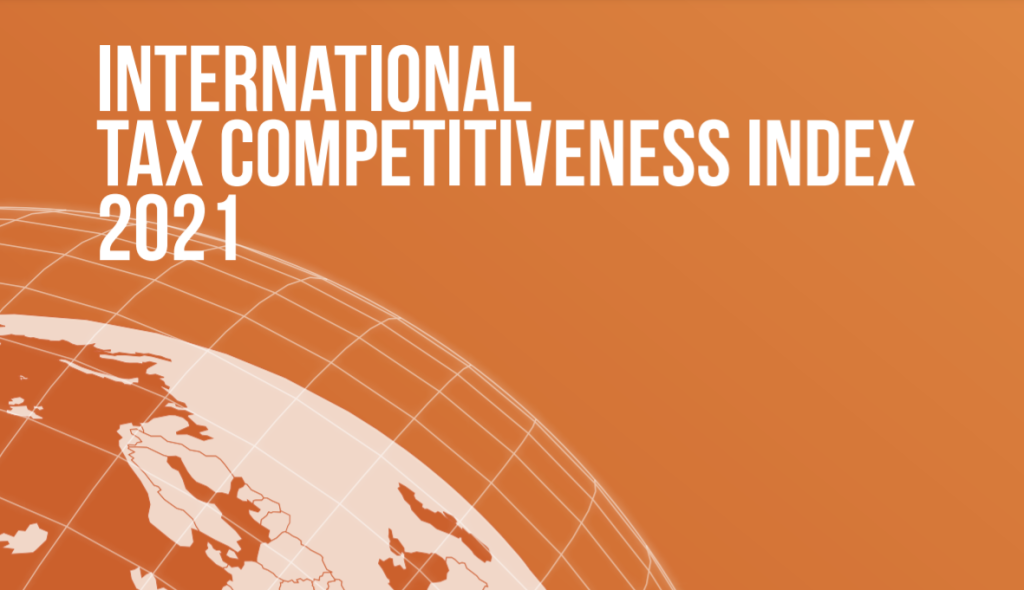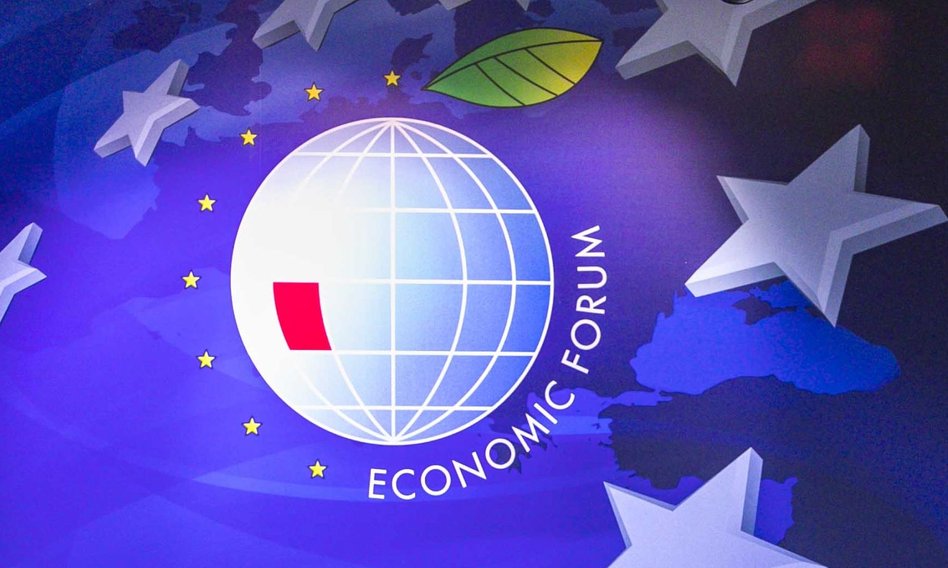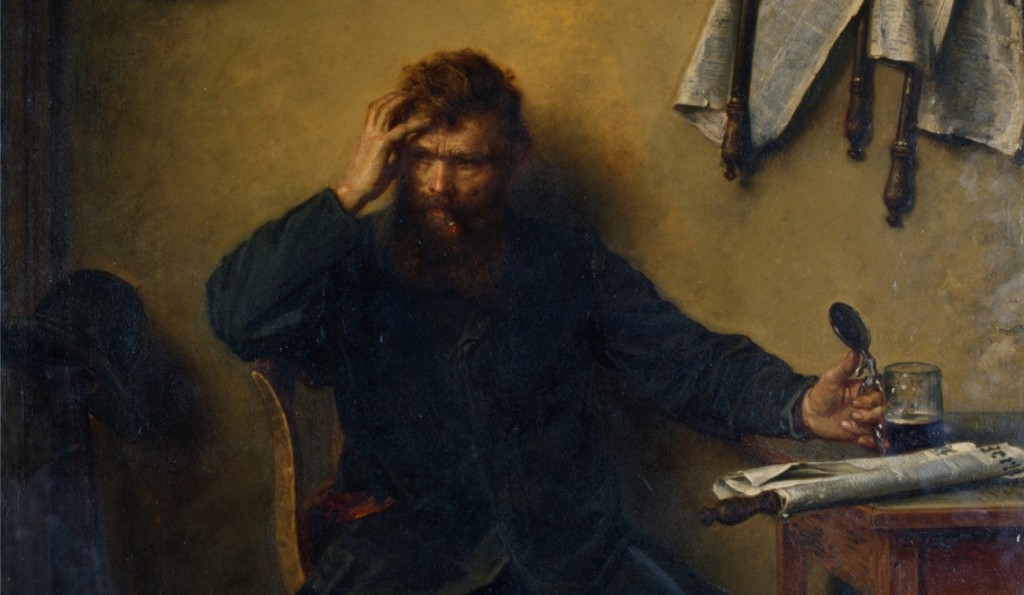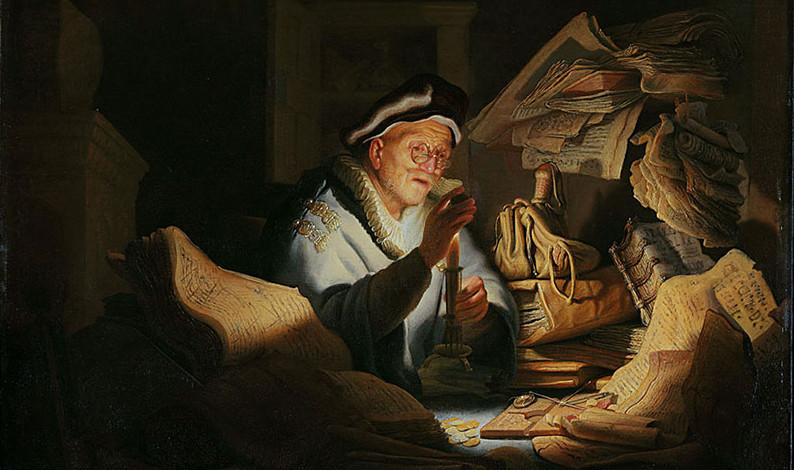
International Tax Competitiveness Index 2021: Simpler Taxes Would Lift Lithuania to Top Positions
BY
LFMI / November 22, 2021
Lithuania ranks 6th in the 2021 International Tax Competitiveness Index presented by the US-based Tax Foundation. Estonia maintains the top ranking and the neighboring Latvia comes second, followed by New Zealand, Switzerland and Luxembourg.











